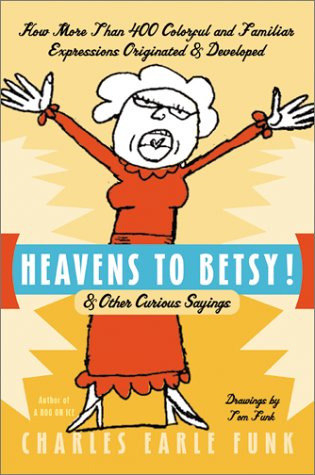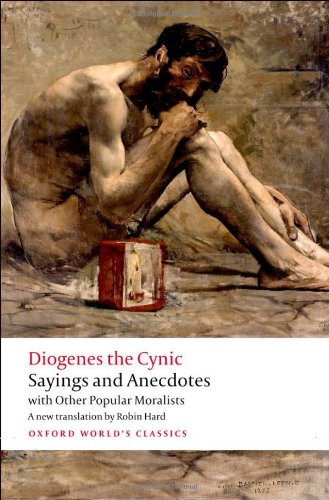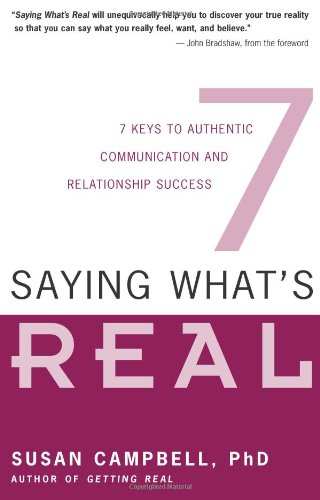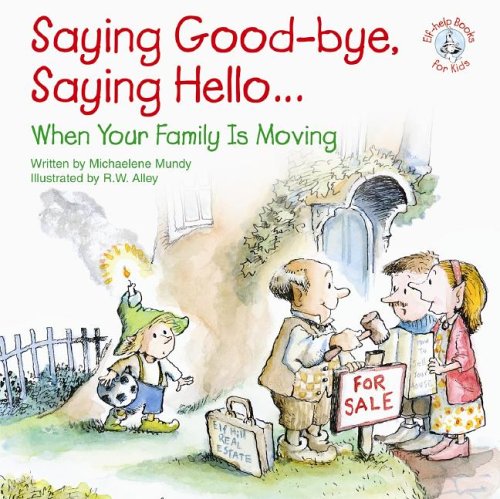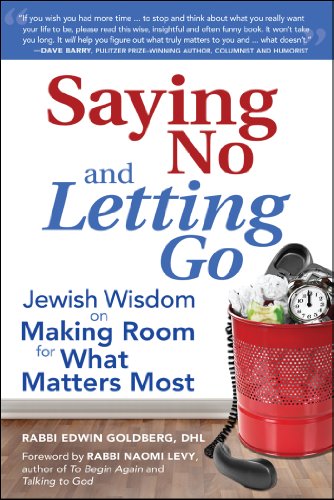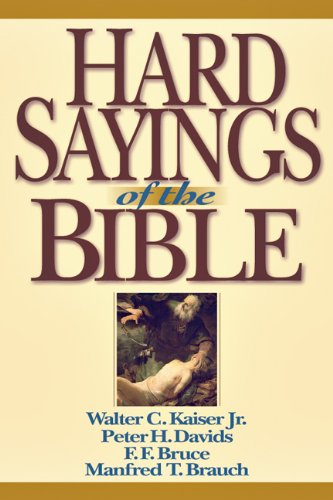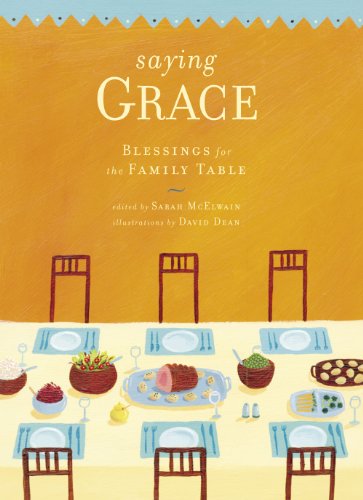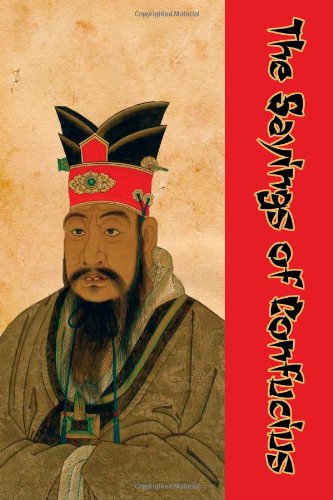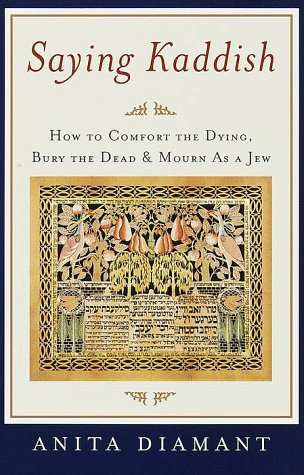
Anita Diamant’s knowledge, sensitivity, and clarity have made her one of the most respected writers of guides to Jewish life. In Saying Kaddish, she shows how to make Judaism’s time-honored rituals into personal, meaningful sources of comfort. Diamant guides the reader through Jewish practices that attend the end of life, from the sickroom to the funeral to the week, month, and year that follow. There are chapters describing the traditional Jewish funeral and the customs of Shiva, the first week after death when mourners are comforted and cared for by community, friends, and family. She also explains the protected status of Jewish mourners, who are exempt from responsibilities of social, business, and religious life during Shloshim, the first thirty days. And she provides detailed instructions for the rituals of Yizkor and Yahrzeit, as well as chapters about caring for grieving children, mourning the death of a child, neonatal loss, suicide, and the death of non-Jewish loved ones.”In the past, when a Jew died, no one asked, ‘When should we schedule the funeral?’ or ‘How much would you like to spend on the casket?’ or ‘Where will she be buried?'”
The law and the synagogue had ready answers to all of these questions, as Anita Diamant notes in Saying Kaddish. Yet today, Jews must grapple with dozens of questions that make the process of grief difficult to understand in religious terms–questions such as, “How can I, as a Jew-by-choice, mourn for my Catholic father or my Baptist sister?” Diamant’s book guides readers to make responsible decisions about how to honor the dead with integrity. Her practical advice is complemented by personal reflections and historical explanations, in a book that will help readers find their way, and make them feel less alone, in the excruciatingly lonely process of grief. –Michael Joseph Gross
